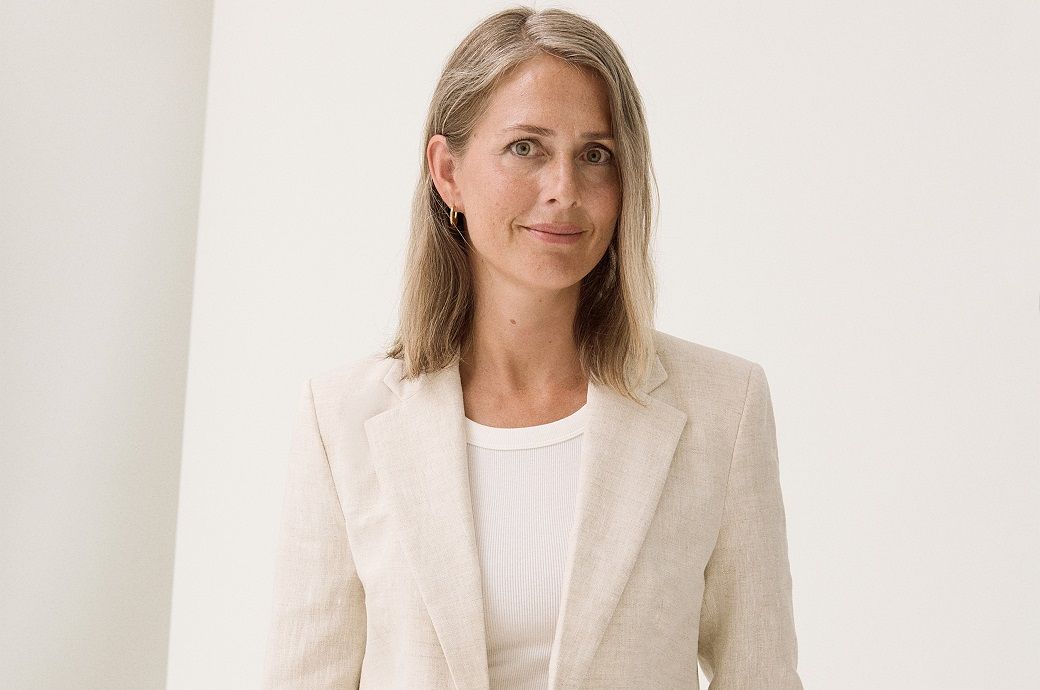CHICAGO – Parents and educators agree that a key goal of K-12 education is to ensure that students are “future-ready”—with the knowledge, skills, and drive to navigate their careers and lives. Americans look to the education system to equip young people to succeed in this environment, but traditional approaches have often fallen short with the rapidly changing future of work. Employers and the evidence point to a need for social and emotional skills within career and workforce education. So, how can policymakers, educators, business leaders, and community leaders come together to nourish students’ real-world competencies and help them succeed after graduation on their own terms?
To address this need, Civic, the Collaborative for Academic, Social, and Emotional Learning (CASEL) and the Coalition for Career Development (CCD) Center have released a new report featuring a state policy roadmap for K-12 education that prepares students to succeed in a rapidly changing world. This groundbreaking report reframes what it means for students to be “future-ready” by integrating essential social and emotional learning (SEL) with career and workforce development (CWD).
Access the full report: Educating Future-Ready Students: Bridging Social and Emotional Learning and Career and Workforce Development
“Today, various pathways exist for future success that value all learning. We need to move beyond a narrow focus on success as only a four-year college degree that ignores entrepreneurial opportunities, career and technical education, and the evolving nature of work,” said CASEL CEO and President Dr. Aaliyah A. Samuel. “When we expand our vision to encompass all these pathways, we see that social and emotional skills, such as the ability to collaborate effectively and cultivate relationships, are a foundation for future readiness.”
Future success is about more than a degree or job. It is about students having a wide range of skills and attitudes, including:
- The ability to communicate and collaborate effectively, including with supervisors, co-workers, and others
- Knowing how to cultivate relationships with mentors and others who can support them in their career path and life, as well as family, friends, and others
- Developing and sustaining a sense of purpose and belonging
- Being mentally and physically healthy
- Being civically engaged and culturally responsive
“Employers repeatedly sound the alarm that they are not getting the skilled workforce they need in the 21st century, and our young people have big dreams and potential that should be unleashed,” said Civic CEO John Bridgeland. “Cultivating that potential through academic, social, and emotional preparation will enable generations to make valuable contributions to our communities, workforce, and democracy.”
The bottom line is that youth need social and emotional skills and rigorous academic pathways linked to colleges or careers to succeed. Adults across the education and youth-serving continuum—policymakers, educators, business leaders, and community leaders—bear a huge responsibility to prepare students for the future.
“Bridging social and emotional learning and career and workforce development is a win-win. By promoting the social and emotional development of all students, they are given rich opportunities to explore and practice new skills in a broad array of career fields,” said CCD Center Vice President of Research Scott H. Solberg. “This can’t just be the work of educators alone. To achieve this shift, we need policymakers, business leaders, community partners, families, students, and educators working together to achieve this vision.”
By following this roadmap, states can lay the groundwork to ensure that all students graduate from high school with the knowledge, skills, and attitudes to take them to a bright future. Now is the time to join together and provide students the tools they need to set their own path to success, for themselves and their communities.
About Civic
Civic is a bipartisan social enterprise firm that helps corporations, nonprofits, foundations, universities, and governments develop and spearhead innovative public policies to strengthen our communities and country. Created to enlist the private, public, and nonprofit sectors to help address our nation’s toughest problems, Civic fashions new initiatives and strategies that achieve measurable results in the fields of education, civic engagement, economic mobility, and many other domestic policy issues. www.civicllc.com
About CASEL
Founded in 1994, CASEL is a nonpartisan, nonprofit organization that first introduced the term social and emotional learning (SEL). CASEL’s mission is to help make evidence-based SEL an integral part of education from preschool through high school. Today, it collaborates with leading experts and supports districts, schools, and states nationwide to drive research, guide practice, and inform policy. To learn more, visit https://casel.org/.
About the Coalition for Career Development (CCD) Center
The CCD Center is an industry-led, non-partisan, nonprofit organization dedicated to making career readiness the number one education priority in America. In collaboration with Boston University’s Center for Future Readiness, the CCD Center conducts research, offers career readiness policy forums, an annual summit, and monthly State Leaders Career Development Network. The CCD’s five career readiness pillars – personalized career and academic plans, career advising, work-based learning, technology, and accountability – organize a report on the Condition of Career Readiness Report in the United States.

:max_bytes(150000):strip_icc()/Health-GettyImages-1463319962-8cd36551dfb64dc49fa1bbfbc843bc40.jpg)



